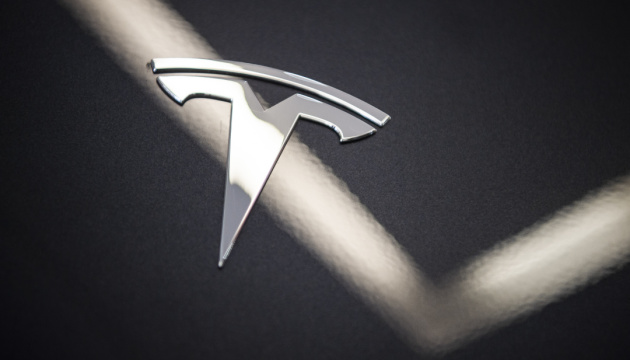Apple is preparing for a large-scale refactoring of the iOS architecture to provide support for alternative app stores and to install software from third-party sources, bypassing the App Store. Instead of a 30% transaction fee, a paid pre-approval system is provided. The changes are aimed at complying with the strict requirements of the European Union under the new Digital Markets Law, which will come into effect in 2024, which obliges developers to ensure equal footing and make platforms and services completely free for users. This was reported by Bloomberg citing information from internal sources.
Right now, Apple developers are working on options to unlock “key elements” of the tech giant’s ecosystem, spending a “significant amount of resources”. The first relevant capabilities will be implemented in iOS 17, which means they will be released in the fall of 2023, ahead of schedule. According to Bloomberg, there is even a danger that other important features planned for iOS 17 will be delayed due to the rush and radicality of the updates. The EU rules adopted will affect the positioning and monopolistic promotion of Apple services in general, so the project will most likely affect technologies such as iMessage, FaceTime, Siri and Apple Pay in particular.
Apple can provide basic access to branded apps and expand its API set for developers. Second, it will take deeper integration with system functions and technologies of both software and hardware nature. For example, the NFC module on the iPhone is still limited to contactless payments via Apple Pay, and manufacturers of geolocation accessories (like Tile) cannot offer full interaction with the Locator network. In addition, Apple must allow all third-party products to be used in place of Siri, Apple Pay, and standard iOS apps to be eligible for similar and seamless integration.
In the future, alternative iOS app stores may not appear in firmware only for the European Union market if other countries agree on similar changes in legislation. The US government is considering requiring Apple to allow app downloads without the App Store. CEO Tim Cook has repeatedly said that the Android model “will undermine strong protections for iPhone users’ privacy and security”The spread of various malicious programs cannot be prevented as a result of criminals’ fraudulent schemes, unwanted tracking of personal data and other problems.
Eventually, despite its principles, Apple will still have to abide by and comply with the law because ignoring the law threatens with catastrophic fines of up to 20% of global revenue (thus potentially up to $80 billion) and some other harsh sanctions. The European Commission’s decision, in addition to removing restrictions on the distribution of software, forces Apple to abandon its proprietary Lightning charging connector in favor of universal USB-C. It is expected to launch in the upcoming iPhone 15 series.













